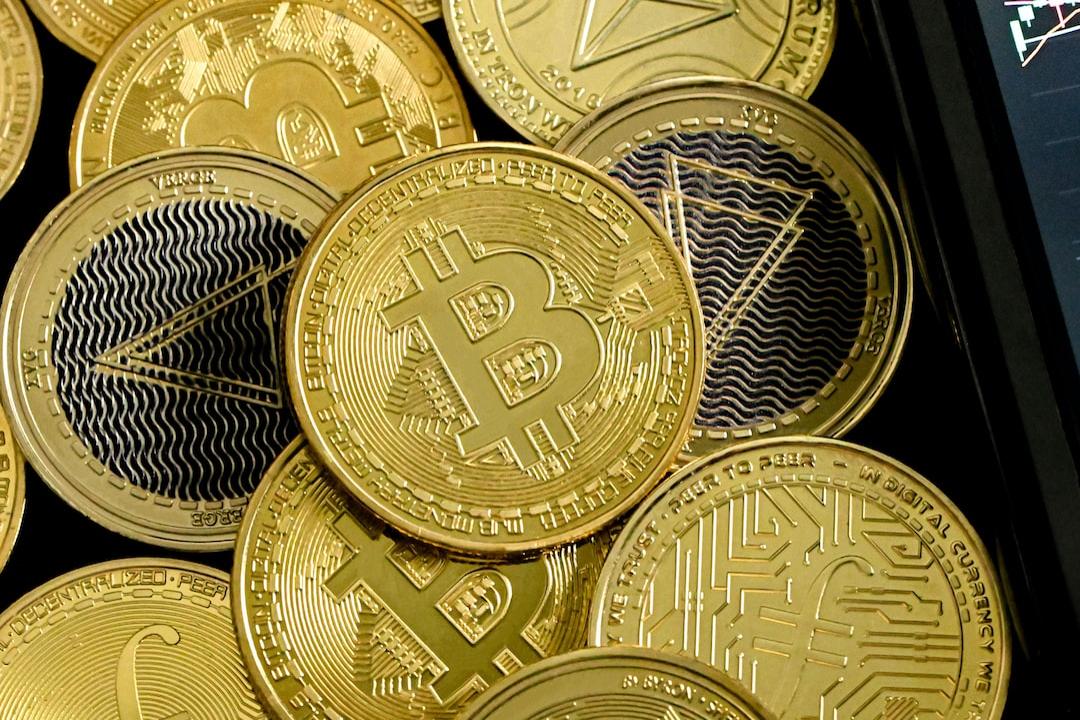OpenAI, an artificial intelligence company, has introduced a new feature called “memory” to its chatbot, ChatGPT. This feature allows the chatbot to remember previous conversations, saving users from having to repeat themselves. In a blog post on February 13, OpenAI announced that the memory feature would be rolled out to a small group of ChatGPT premium and free users, with plans for a broader release in the near future.
The memory feature of ChatGPT will enhance over time as the chatbot interacts more with individual users. It will be able to remember user preferences and past details shared during conversations, resulting in more personalized and relevant responses.
Users have the option to adjust the memory function in the settings. They can explicitly instruct the chatbot to remember something, ask it what it remembers, or even tell it to forget certain information completely. Moreover, the memory feature can be disabled entirely. Temporary chats do not utilize the memory function and will not be saved in the chat history. Custom instructions can be given to ChatGPT to explicitly remember specific information.
OpenAI has stated that it may utilize the content provided to ChatGPT, including memories, to continuously train its large language models. However, users have the ability to disable data collection if they wish. OpenAI is actively working to assess potential biases associated with the memory feature and aims to prevent the chatbot from remembering sensitive information without explicit user direction.
OpenAI also claims that the memory feature can enhance efficiency by learning the work styles, formats, and preferences of premium users. Developers will have the option to create their own unique memory for their GPT builds.
In January, OpenAI introduced an app store for subscribers of the pro version of ChatGPT. This allows users to discover and utilize customized AI chatbots known as GPTs for specific purposes.
In other news, Andrej Karpathy, one of the founding members of OpenAI, recently announced his departure from the company. In a post on February 14, Karpathy stated that he left the firm the day before, citing no specific reason for his departure. He mentioned that he would be focusing on personal projects following his exit from the company.
Magazine:
ChatGPT’s memory feature, SEGA’s AI from the 80s, TAO’s 90% increase: AI Eye

